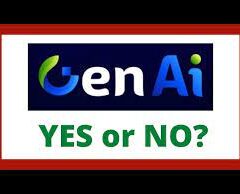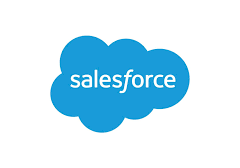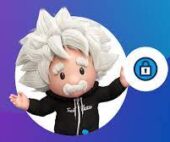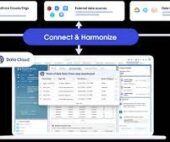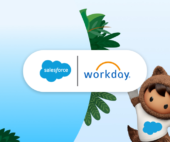The Postman API Platform empowers users to generate a diverse array of resources for building and utilizing APIs. These include:
- Workspaces: These contain shareable assets for both internal and external teams.
- Collections: These allow the organization of requests with a shared purpose.
- Environments: They consist of scoped variables applicable to requests.
- APIs: They define various standards such as OpenAPI, GraphQL, or gRPC.
- Mock servers: They simulate real API server behavior by accepting and returning requests.
- Monitors: These run requests on a schedule defined by the user.
These Postman resources, along with users, permissions, and Flows, can be managed manually through the Postman desktop or web app. Alternatively, users can leverage the Postman API to programmatically handle these resources, enabling the automation of various API-related workflows.
Postman Assets Salesforce
Endpoints for All Plans
For all users, irrespective of their Postman plan, the following endpoints are available:
Workspaces:
- Create temporary workspaces for testing.
- Delete temporary workspaces after use.
- Save backups of workspaces or specific resources using the Postman API.
Collections:
- Manage collections programmatically.
- Facilitate CRUD operations.
- Simplify collection-related workflows.
Variables and Environments:
- Three variable types: Global, Environment, and Collection.
- Values can be changed programmatically using the Postman API.
APIs:
- Perform CRUD operations on APIs.
- Modify API definitions and schemas.
- Create and publish new API versions programmatically.
Mock Servers:
- Change collection behavior with collection endpoints.
- Perform CRUD operations on mock servers.
- Set mock servers as public or private.
- Get a list of calls a mock server has received.
Monitors:
- Programmatically run collections on a schedule.
- Create and run webhooks for special monitors.
User and Usage Information:
- Get authenticated user endpoint provides data on API usage.
APIs for Enterprise or Professional Plans
Exclusive endpoints for Enterprise or Professional plan users include:
Private API Network:
- Manage elements within the Private API Network programmatically.
- Automate internal documentation management and integration with CI/CD pipelines.
Tags:
- Manage Postman tags programmatically.
- Add or remove tags from collections, APIs, and workspaces.
Secret Scanner:
- Search detected secrets.
- Find the location of a detected secret.
- Update the resolution status of a detected secret.
SCIM User Management:
- Automate user and group provisioning with SCIM endpoints.
API Security and Governance:
- Manage API security through security checks and validation of API governance rules.
- Validate OpenAPI definitions and publish new versions.
Audit Logs:
- Monitor and analyze Professional or Enterprise Postman teams through audit logs.
As one Salesforce integration tool, the Postman API provides a comprehensive set of endpoints to programmatically manage Postman resources, allowing for the automation of organizational processes.






